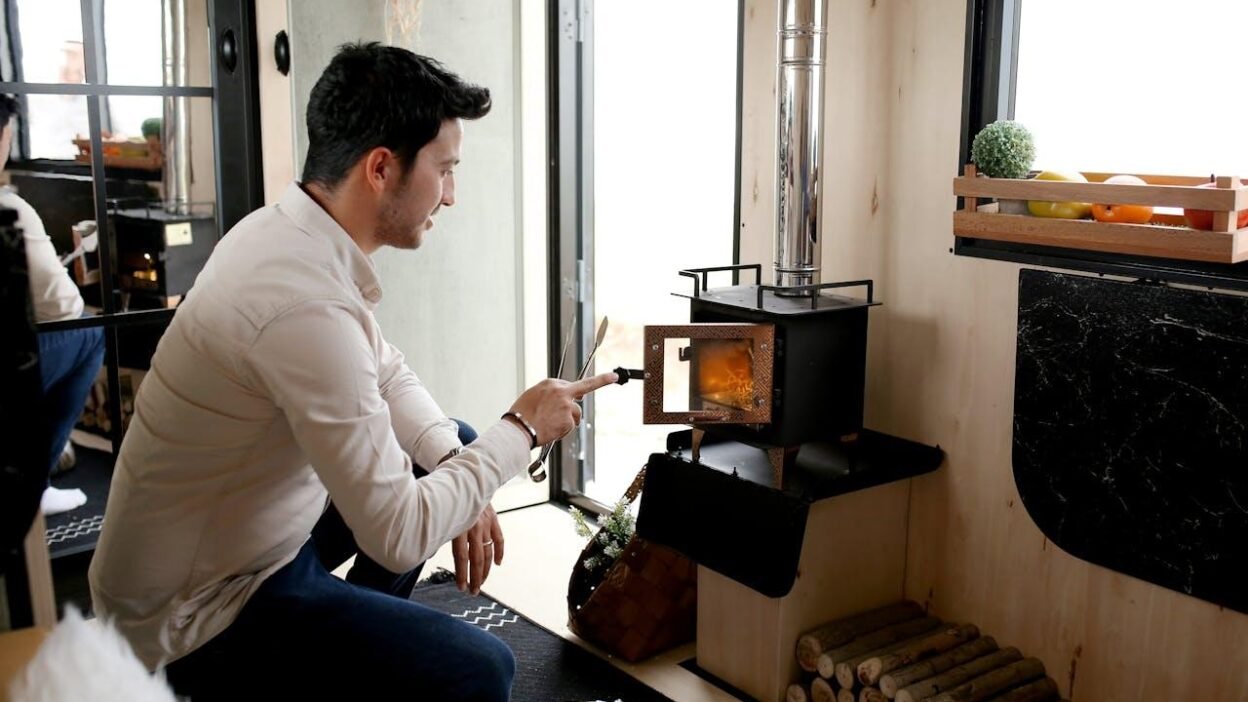Have you ever ignored that weird noise your furnace makes at night? Or told yourself you’ll get to that gutter clog after the weekend… and then a few more weekends pass? You’re not alone. Most homeowners have at least one “minor” repair that’s been hanging around like a bad smell. The problem is, these little issues rarely stay little. They grow. And like that mystery Tupperware in the back of the fridge, they eventually demand attention—sometimes dramatically.
Now, imagine that situation playing out not just in one home, but across thousands. In cities like Sandersville, GA—where the mix of historic homes and Southern climate puts real pressure on maintenance routines—this trend can mean skyrocketing energy bills, structural damage, and even a drop in neighborhood property values.
In this blog, we will share how putting off basic home upkeep doesn’t just hurt your house—it hits your wallet, affects your daily comfort, and connects to broader issues like sustainability and community health.
When DIY Turns Into D-I-Y-O-U-S-H-O-U-L-D-N-O-T
There’s also the myth of the all-capable homeowner. With the rise of YouTube tutorials, people are more confident than ever that they can handle repairs themselves. Sometimes that works. But too often, what starts as a quick fix becomes a deeper problem, because what’s visible is just the surface.
Let’s say your AC isn’t cooling properly. You think, “Maybe it’s just low on refrigerant.” You buy a recharge kit online, watch a 7-minute video, and get to work. But now your refrigerant levels are off, you’ve violated EPA guidelines, and you still haven’t solved the original problem—which was a leak caused by a damaged coil.
That’s where working with trusted HVAC services in Sandersville, GA, makes all the difference. Professional contractors in the area know the climate challenges: intense summer heat, occasional freezing spells, and humidity that can turn a crawlspace into a biology experiment. They have the tools and local insight to identify long-term solutions, not just short-term patches. And because many homes in Sandersville have older systems or unique layouts, cookie-cutter fixes simply don’t apply.
The Bigger Picture: Comfort, Health, and Hidden Costs
Home care isn’t just about aesthetics or resale value. It’s about quality of life. Leaky windows in the winter mean cold drafts and high heating bills. Poorly sealed crawlspaces attract pests. A neglected HVAC system doesn’t just fail—it circulates dust, mold spores, and allergens. That’s a direct hit on your health, especially for children, the elderly, and anyone with asthma or allergies.
Think of your home as an ecosystem. Everything is connected. When one piece falls out of balance—like bad insulation or unchecked moisture—it throws everything off. And unlike cars, where a check engine light screams for attention, homes are passive-aggressive. They whisper at first. Then they collapse your ceiling during Thanksgiving dinner.
There’s also the psychological toll. Living in a house with ongoing problems creates background stress. It’s that nagging voice in your head that says, “You really should fix that.” But the longer you wait, the heavier it feels. What could have been a $50 repair now looms as a $1,200 project.
Neglect Is Expensive, and Not Just for You
The financial impact goes beyond individual homes. At a community level, widespread home neglect lowers property values and strains local infrastructure. If enough homes ignore repairs, utility systems get overloaded, emergency services deal with preventable incidents, and neighborhoods decline in desirability.
During the COVID-19 lockdowns, many homeowners rediscovered the importance of their living space. Suddenly, a creaky floor or a non-functioning vent wasn’t just a minor inconvenience—it was something they faced all day, every day. But now that life has resumed its chaotic pace, the temptation to put home maintenance back on the shelf has returned. That’s a mistake.
Sustainability is also part of this conversation. Energy-inefficient homes waste electricity and gas, which directly contributes to carbon emissions. A well-maintained home not only costs less to run—it’s also better for the planet. It might feel like fixing a toilet leak is a drop in the ocean, but those drops add up.
Practical Fixes That Actually Work
So what does “routine home care” actually look like? It’s not about turning your weekends into nonstop repair marathons. It’s about building simple habits that keep your house running smoothly. Here’s what that can look like:
- Change HVAC filters every 1 to 3 months. This keeps air clean and systems running efficiently.
- Check your roof twice a year. Look for missing shingles, debris, or signs of water damage.
- Clean gutters before winter and after heavy storms. Clogged gutters lead to water damage fast.
- Inspect windows and doors for drafts. A $5 tube of caulk can save you hundreds over the year.
- Test smoke and carbon monoxide detectors. Batteries die faster than you think.
- Flush your water heater once a year. It prevents sediment buildup and prolongs its life.
- Look at crawlspaces and attics every few months. These are prime spots for leaks and pests.
Each of these tasks takes less than an hour, but they prevent problems that take days and dollars to fix. If time is your excuse, schedule them like doctor appointments. Your house deserves the same attention.
The Real Question: Is It Worth It?
Some folks argue that maintenance costs money too. That’s true. But here’s the twist—neglect costs more. In fact, according to a recent study by HomeAdvisor, the average cost of emergency repairs is two to five times higher than the cost of scheduled maintenance. That means every skipped repair isn’t saving you money. It’s borrowing from your future.
There’s also a confidence factor. A home that’s cared for feels different. You notice it when you walk in. It smells clean, the air feels fresh, the lights work, the floor doesn’t squeak like a horror movie. That sense of order, of security—it’s priceless. It affects how you sleep, how you host guests, and how you move through your day.
So the next time your bathroom fan makes a sound like it’s grinding coffee beans, don’t shrug it off. Fix it. Or call someone who can. Because while homeownership always involves some chaos, a little attention now beats an emergency later.
And let’s be honest: no one wants to be the person explaining to dinner guests why there’s a tarp on the ceiling or why the bathroom light only works when you flip the kitchen switch first.
Take care of your house, and it will take care of you. That’s not just a sentimental motto—it’s the cheapest insurance policy you’ll ever find.



